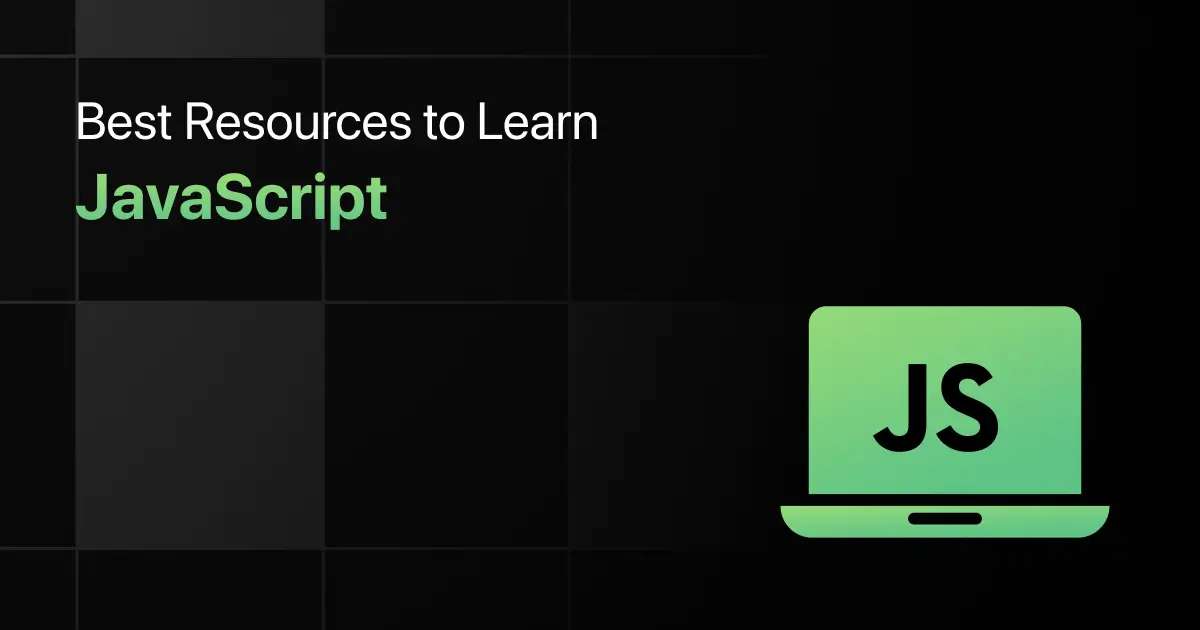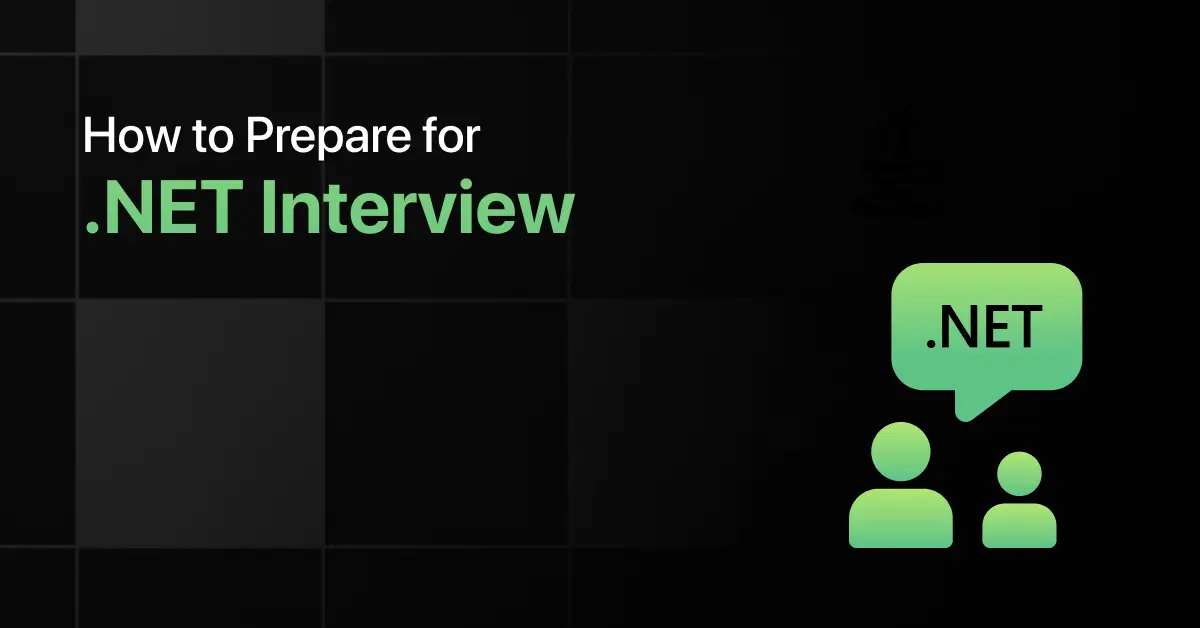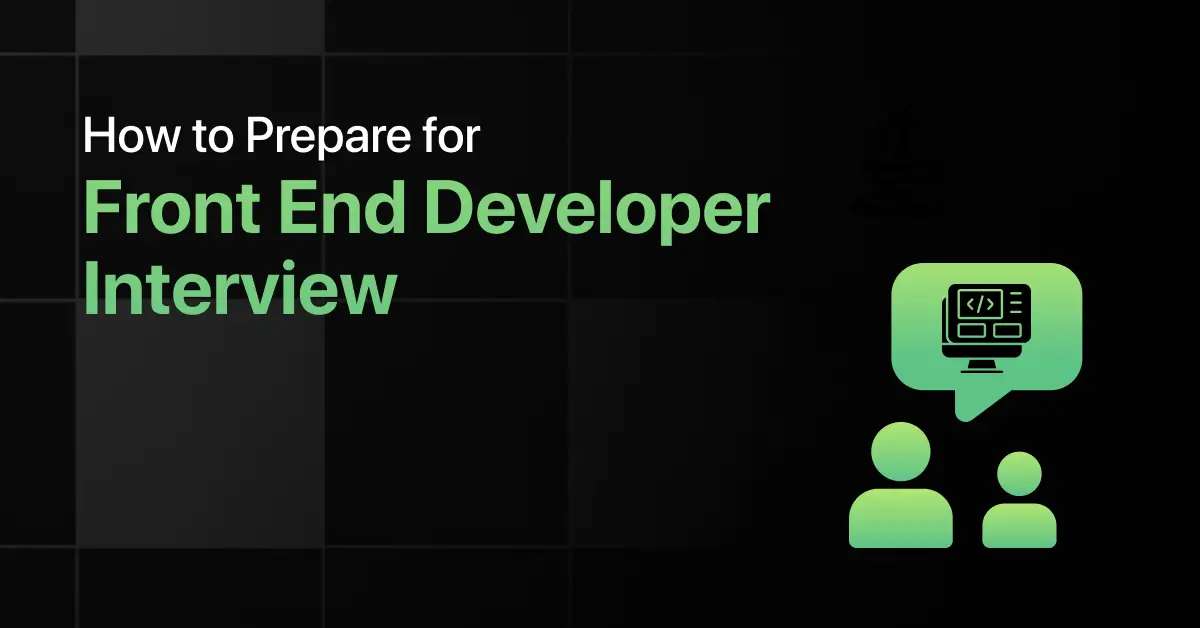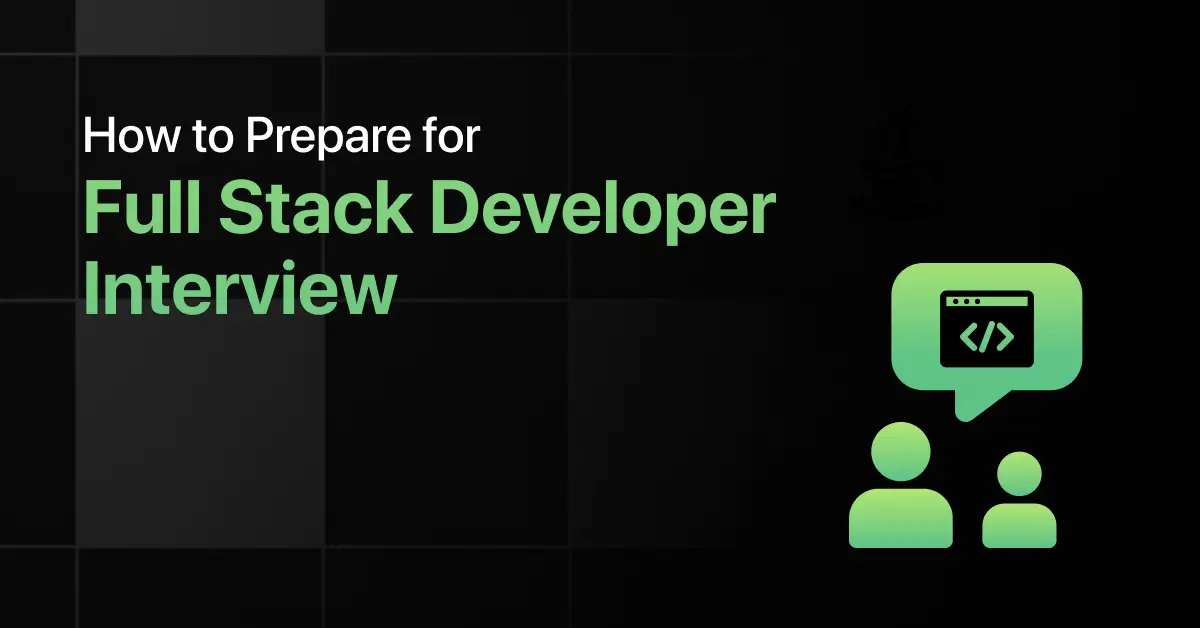Best Resources to Learn JavaScript

JavaScript is one of the most essential languages for web development, used to build interactive and dynamic websites, applications, and user interfaces. Its flexibility, large community, and seamless integration with HTML and CSS make it a must-know for both frontend and full-stack developers.
In 2025, learning JavaScript is more important than ever, as companies continue to prioritize web-based technologies across all platforms. This article outlines the best resources to help you learn, practice, and master JavaScript step by step, whether you’re a beginner or preparing for placements.
A Quick Overview of JavaScript
| Popular Use Cases | JavaScript is used for frontend development, single-page applications, server-side APIs, mobile apps, and browser automation. |
| Learning Curve | JavaScript has a moderate learning curve with a few quirks, but it's beginner-friendly and rewarding with consistent practice. |
| Demand in India | JavaScript developers are highly sought after across startups, product companies, and IT firms focused on web and mobile technologies. |
| Job Roles | Common roles include Frontend Developer, Full-Stack Developer, JavaScript Engineer, Web Developer, and UI Developer. |
| Salary Range | Entry-level JavaScript developers earn ₹4–6 LPA, while experienced developers can earn ₹10–20 LPA or more in top companies. |
| Top Companies Hiring | Companies like Infosys, TCS, Cognizant, Accenture, Zoho, Flipkart, and Google frequently hire JavaScript-skilled developers. |
Key Concepts to Learn in JavaScript
To become proficient in JavaScript, it’s important to understand the following foundational concepts that form the basis of both frontend and backend development:
- Variables and Data Types : Learn how to declare variables using var, let, and const, and understand dynamic typing with strings, numbers, booleans, and more.
- Functions and Scope : Understand how to define and call functions, explore function expressions, arrow functions, and the concept of scope and closures.
- Control Flow : Use if, else, switch, for, and while loops to manage how your code executes based on conditions.
- DOM Manipulation : Learn how to interact with HTML elements using JavaScript to create dynamic and responsive webpages.
- Events and Event Handling : Handle user inputs and browser events like clicks, key presses, and form submissions effectively.
- Objects and Arrays : Work with structured data using arrays and objects, including methods like map, filter, and reduce.
- Asynchronous JavaScript : Understand how to use callbacks, promises, and async/await to handle asynchronous operations.
- Error Handling : Learn how to debug your code and manage exceptions using try, catch, and finally.
- ES6+ Features : Familiarize yourself with modern JavaScript syntax like destructuring, spread/rest operators, and template literals.
- APIs and Fetch : Learn how to fetch data from servers using the Fetch API and manipulate JSON responses for dynamic content.
Best Online Resources to Master JavaScript
Learning JavaScript becomes much easier when you follow a well-structured approach. Start with beginner-friendly videos or courses to build a strong base, then practice with interactive coding challenges, and finally work on real-world projects and interview questions to become fully job-ready.
The resources below are listed in the right order to help you progress step by step with confidence.
Getting Started
If you’re beginning with JavaScript, start with easy-to-follow tutorials and interactive lessons that build your understanding step by step.
1. YouTube Channels
YouTube is an excellent way to learn JavaScript visually. These tutorials cover everything from variables and loops to DOM manipulation, helping you understand how JavaScript powers interactivity on websites.
Learning Outcomes:
- Learn core JavaScript concepts through guided videos
- Understand syntax, logic, and control flow
- Watch real-time code demonstrations
- Follow along with hands-on examples
Mode of Learning: Online and self-paced
2. Free Courses
Free JavaScript courses offer a structured path starting from the basics and progressing to intermediate concepts. These courses help you practice as you learn and gradually build confidence in your skills.
Learning Outcomes:
- Learn JavaScript fundamentals through structured lessons
- Work on small projects and in-browser exercises
- Understand event handling and the basics of the DOM
- Strengthen logic through guided tasks and checkpoints
Mode of Learning: Online
Hands-On Practice
To reinforce your skills, focus on consistent practice with real coding problems and topic-based assessments.
1. Coding Exercises
Coding exercises are a great way to apply what you’ve learned. These tasks involve writing JavaScript functions, manipulating arrays, and solving logic problems that reflect real development scenarios.
Learning Outcomes:
- Strengthen syntax and functional understanding
- Practice using arrays, loops, and conditions
- Build solutions to practical coding problems
- Improve fluency through regular problem solving
Mode of Learning: Online
2. Programming MCQs
JavaScript MCQs are useful for reviewing key concepts, identifying gaps, and preparing for theoretical assessments. These questions focus on syntax, behavior, and core logic.
Learning Outcomes:
- Review JavaScript topics quickly
- Test your knowledge of variables, types, and scopes
- Prepare for interview-style written tests
- Reinforce understanding through short questions
Mode of Learning: Online
3. Paid Courses
Paid JavaScript courses offer structured lessons, projects, and instructor guidance. These programs are ideal if you want to build full applications and get job-ready with support and mentorship.
Learning Outcomes:
- Learn JavaScript with structured guidance and mentorship
- Build real-world projects using core concepts
- Understand asynchronous JavaScript, APIs, and more
- Prepare for frontend roles with interview-aligned training
Mode of Learning: Online
Get Job-Ready
When you’re confident in your skills, start building projects and preparing for technical evaluations.
1. Mini Projects
Mini projects give you the opportunity to apply your JavaScript knowledge in building real features like form validation, interactive UI elements, and small applications.
Learning Outcomes:
- Build functional JavaScript applications
- Practice DOM manipulation and event handling
- Improve code structure and logic design
- Strengthen your portfolio with beginner projects
Mode of Learning: Online
2. Interview Questions
Practicing JavaScript interview questions helps you get familiar with common coding patterns and logical scenarios. These questions reflect what is often asked in technical rounds.
Learning Outcomes:
- Review frequently asked JavaScript problems
- Practice solving and explaining logic clearly
- Improve readiness for frontend and full stack roles
- Prepare for both coding and conceptual interviews
Mode of Learning: Online
Additional Resources
These supplementary platforms help you reinforce your knowledge or approach topics from a different perspective.
1. Learning Hub GUVI
The learning hub includes short articles, quick examples, and concept explainers that support both revision and topic-based learning.
Learning Outcomes:
- Revisit JavaScript concepts in simple formats
- Explore additional examples and scenarios
- Use as a quick reference alongside hands-on practice
- Strengthen your learning with focused articles
Mode of Learning: Online
2. Scrimba
Scrimba offers an interactive learning format that lets you pause videos and edit code in real time. This immersive style is great for learning by doing.
Learning Outcomes:
- Practice JavaScript with live coding lessons
- Apply concepts instantly within the browser
- Improve hands-on fluency with guided interaction
- Learn through real-world examples and challenges
Mode of Learning: Online
Tips to Learn JavaScript Effectively
Start with Visual Learning: Begin your journey with beginner-friendly videos or tutorials that visually explain syntax, events, and DOM interactions. This builds an early understanding of how JavaScript works in real browsers.
Practice Interactive Code Daily: Solve small coding challenges every day to reinforce topics like functions, loops, and array methods. Practicing regularly helps you internalize common patterns and logic.
Use Concept Check Quizzes: After learning each topic, test your understanding using multiple-choice questions or topic-wise quizzes. This helps identify gaps and reinforces learning.
Build Small Projects Early: Start with simple projects like a calculator or a to-do list to see how different concepts work together. Projects are key to moving from theory to real application.
Understand Asynchronous Flow: Focus on mastering JavaScript’s asynchronous nature with callbacks, promises, and async/await. Start by experimenting with fetching data from APIs to make learning practical.
Final Words
JavaScript is one of the most powerful tools in modern development and an essential skill for web-based roles. When you follow the right learning path by starting with videos, continuing with hands-on practice, and building real projects, you can confidently grow from a beginner to a capable developer.
The key is to stay consistent, understand how things work behind the scenes, and keep building as you go.
Frequently Asked Questions
1. Is JavaScript beginner-friendly for absolute newcomers?
Yes, JavaScript is beginner-friendly with plenty of visual tutorials and real-time coding platforms that make it easier to get started, even with no prior coding background.
2. What are the best resources to learn JavaScript for placement preparation?
A combination of tutorials, interactive courses, coding challenges, mini projects, and interview questions works best when preparing for JavaScript-related placement roles.
3. Can I learn JavaScript on my own?
Yes, JavaScript can be learned independently through free and structured resources, provided you stay consistent with practice and actively build small real-world projects.
4. Can I learn JavaScript for free with reliable resources?
Absolutely. Many trusted platforms offer free JavaScript courses, tutorials, and hands-on practice tools that are ideal for self-paced learners on a budget.
5. Which websites offer hands-on JavaScript coding practice?
Websites like Placement Preparation and GUVI offer structured JavaScript exercises, quizzes, and projects that allow you to practice code in real-time and build job-ready skills effectively.
6. What can I expect in a JavaScript technical interview?
Interviews typically focus on DOM manipulation, array methods, functions, asynchronous programming, and problem-solving using real-world scenarios in JavaScript.
7. How long will it take to learn JavaScript using these resources?
With consistent effort and structured learning, you can gain strong fundamentals in JavaScript within 2 to 3 months and become confident enough for placement-level challenges.
Explore More Resources for
Related Posts


How to Prepare for .Net Interview
Are you preparing for a .NET interview but not sure which topics to prioritize? Many candidates struggle to balance C# fundamentals, …
Warning: Undefined variable $post_id in /var/www/wordpress/wp-content/themes/placementpreparation/template-parts/popup-zenlite.php on line 1050








